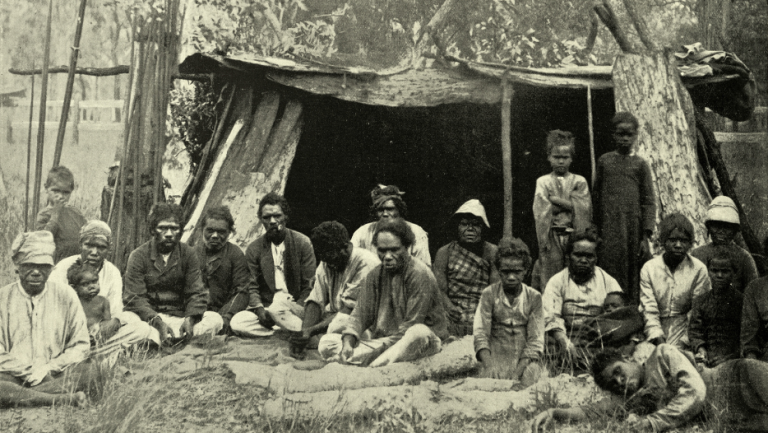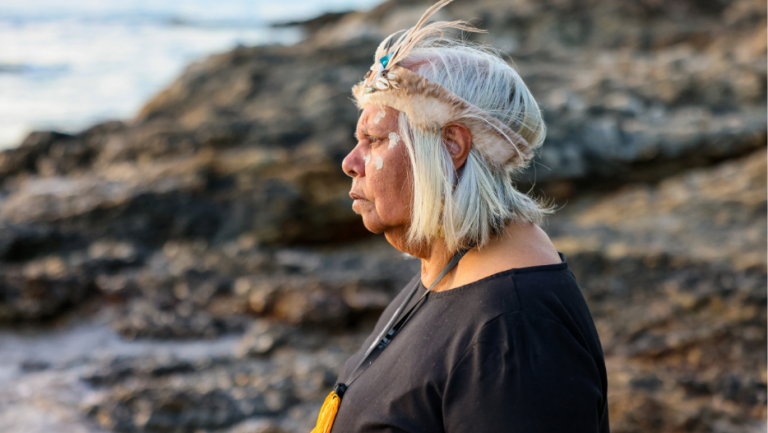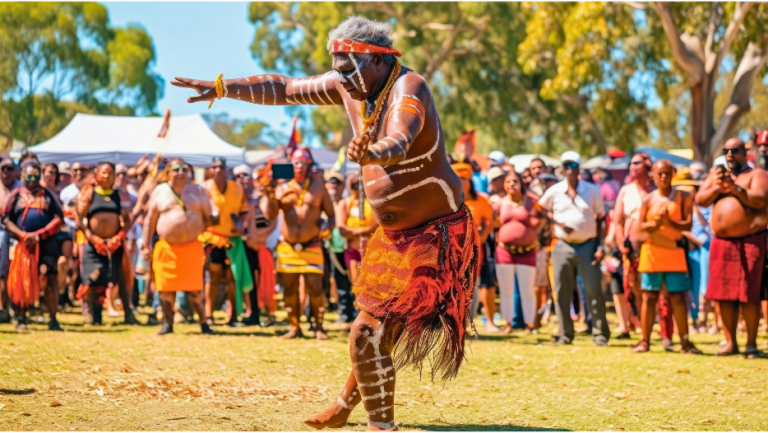The Crucial Role of Data Sovereignty in Preserving Cultural Knowledge
In a world increasingly driven by technology, the preservation of Indigenous cultural knowledge faces both new opportunities and challenges. At the heart of this dynamic landscape lies the concept of Indigenous data sovereignty! A vital and empowering principle that has the potential to safeguard and revitalise Indigenous heritage.
Understanding Data Sovereignty
Data sovereignty, in essence, represents the control that Indigenous communities and organisations have over their data. It goes beyond mere data ownership; it encapsulates the right to manage, protect, and determine the use of data in a way that aligns with Indigenous values, traditions, and goals.
In the context of cultural knowledge preservation, data sovereignty plays a pivotal role. Indigenous communities are the keepers of their own cultural heritage, and the ability to control data pertaining to this heritage is paramount. It allows them to share their stories, traditions, languages, and wisdom on their terms, ensuring that this invaluable knowledge is not only preserved but also perpetuated.
Preserving Cultural Heritage
Indigenous data sovereignty is about empowerment. It empowers Traditional Owner Groups to document and pass on their cultural knowledge to future generations. Through technology and respectful data practices, Indigenous communities can create digital archives, databases, and repositories that house their unique heritage.
The preservation of Indigenous languages is a compelling example. Language is not only a means of communication but also a repository of cultural wisdom and stories. With data sovereignty, Indigenous communities can develop language preservation programs and digital resources that contribute to language revival efforts.
Collaboration and Innovation
Data sovereignty also opens doors to collaboration. Indigenous communities can partner with technology experts, researchers, and organisations that respect and honour Indigenous knowledge. These partnerships can lead to the development of culturally sensitive software, apps, and platforms tailored to Indigenous needs.
The impact of these collaborations goes beyond preservation. They empower Indigenous communities to adapt, innovate, and leverage technology to further their cultural and educational goals. From educational tools to interactive storytelling platforms, data sovereignty enables Indigenous communities to shape the future of their cultural heritage.
Challenges and Future Pathways
Despite its immense potential, data sovereignty faces challenges such as data privacy concerns, ethical considerations, and the need for digital infrastructure in remote areas. Yet, these challenges are opportunities for dialogue and action.
The future of Indigenous data sovereignty lies in advocacy, education, and partnerships. Supporting Indigenous communities in building digital capabilities, ensuring data security, and respecting cultural protocols are steps toward a brighter future. Collaboration between Indigenous organisations, governments, tech industries, and philanthropic bodies is essential in addressing these challenges.
Indigenous data sovereignty is not a mere concept; it’s a living principle that empowers Indigenous communities to take control of their cultural heritage’s digital future. Preserving Indigenous cultural knowledge is not just an endeavour—it’s an imperative.
By respecting and promoting data sovereignty, we contribute to a world where Indigenous cultures thrive, their wisdom is celebrated, and their stories are told for generations to come.
#IndigenousDataSovereignty #CulturalPreservation #DataControl #EmpowerCommunities #HeritageRevival






